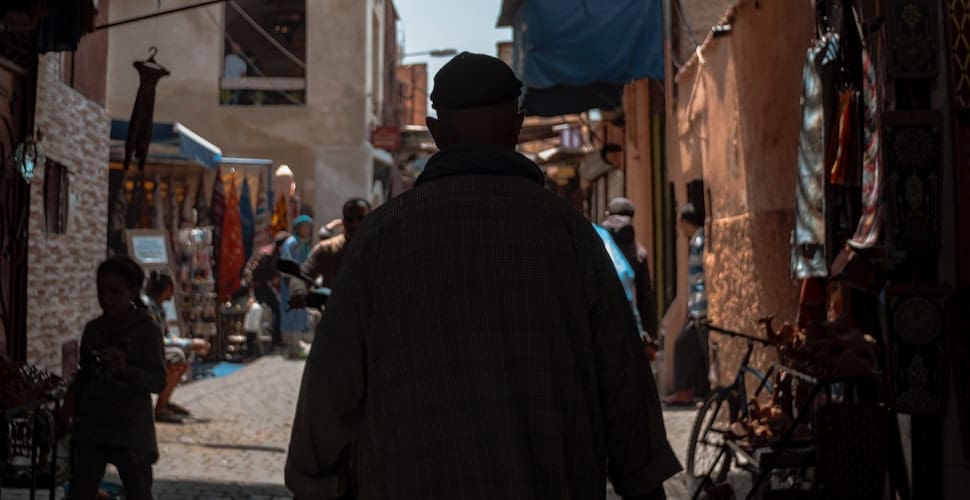In a joint statement ahead of the International Day for the Abolition of Slavery, a group of United Nations gave the latest warning that the pandemic is fueling a concerning increase in modern slavery and exploitation around the world.
The statement, which was signed by over 50 independent human rights experts at the U.N., urged governments to take immediate action to prevent vulnerable populations from falling into exploitation.
The pandemic has proved so dangerous from a modern slavery perspective because it has caused widespread socio-economic vulnerability, a key factor driving exploitation.
Through loss of employment, income, or land, previously secure populations have been pushed toward exploitation, while already at-risk groups have been made even more precarious.
The signatories stressed that it is imperative that governments counteract these socio-economic trends to tackle the rising tide of modern slavery.
UN News reports:
“If workers don’t receive adequate economic, social and other support from governments, without discrimination on grounds of migration and other status, they face serious risk of exploitation, including being subjected to slavery, servitude, forced or bonded labour, or trafficking in persons”, the statement said.
“In this regard, we are concerned that these practices have increased in the past months. In some cases, victims are further subjected to ill-treatment, torture, or even disappearance when they are prevented from informing as to their fate and whereabouts and put outside the protection of the law.”
Tomoya Obokata, the U.N. Special Rapporteur on contemporary forms of slavery, spoke on the issue in an online Freedom United event in July.
“[There is a] shifting of state resources from anti-slavery efforts to fighting the pandemic, and as a result of this many victims are unable to access protection and remedies traditionally provided by states,” Obokata said at our event.
It is concerning that five months later, Obokata and other U.N. experts are repeating these same warnings, suggesting the need for action is all the more urgent.
Along with stemming rising inequalities, the signatories called on governments to strengthen mechanisms for the identification and protection of victims, and to allow their access to essential government services—particularly healthcare.
Freedom United has been calling on governments to follow U.N. guidance on access to healthcare since May, gathering over 16,000 signatures to date.
Add your name today and take action to protect at-risk populations from modern slavery during the pandemic.







Freedom United is interested in hearing from our community and welcomes relevant, informed comments, advice, and insights that advance the conversation around our campaigns and advocacy. We value inclusivity and respect within our community. To be approved, your comments should be civil.